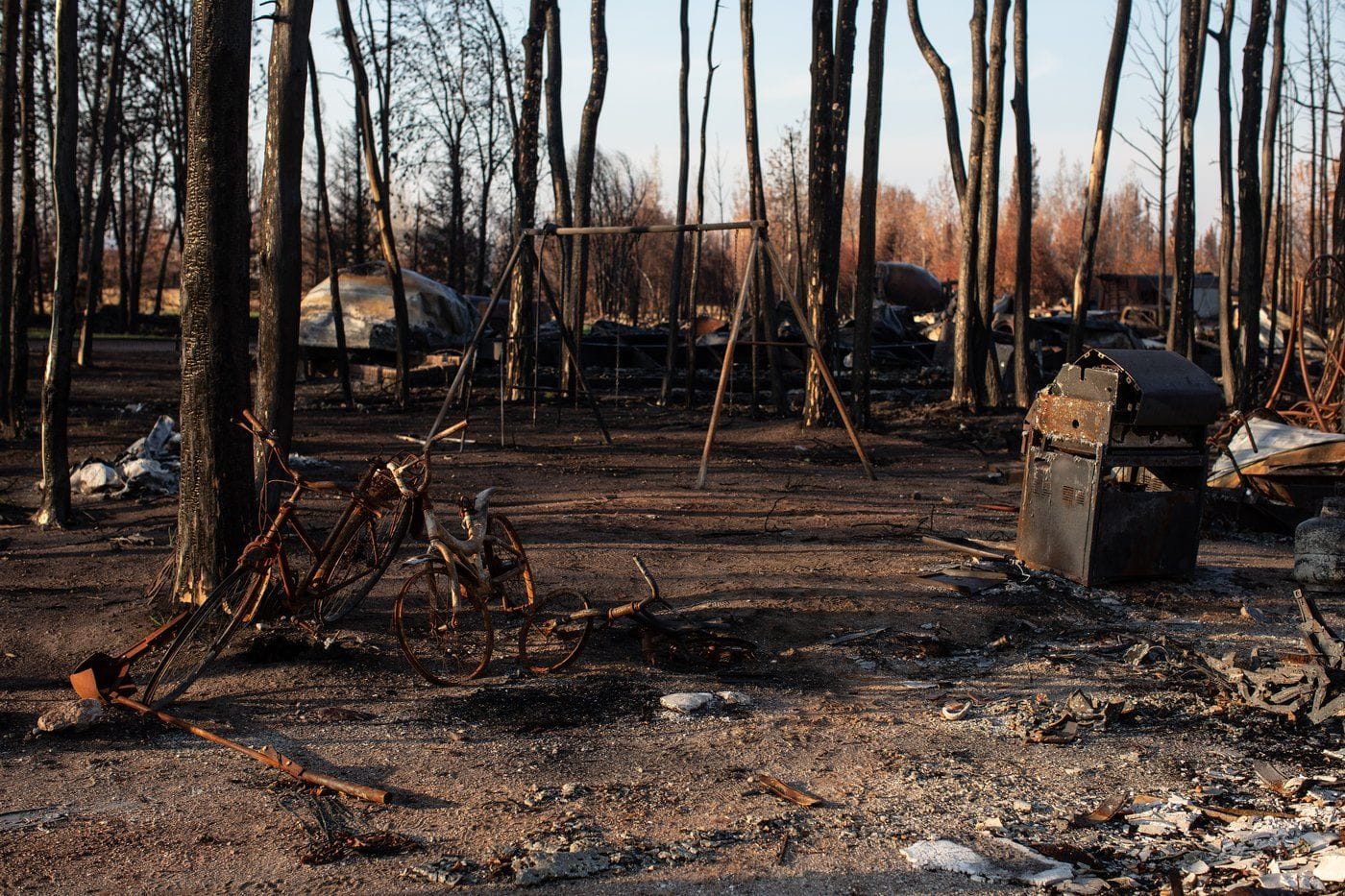Studies show that Canada's yearly emissions of fossil fuels were quadrupled by the emissions from wildfires last summer
The study's lead author, Brendan Byrne, expressed that the findings are "pretty shocking" and raised concerns about the future carbon absorption capacity of Canada’s boreal forests.

According to a new NASA study published in the journal Nature on Wednesday, Canada's wildfires in 2023 released planet-warming emissions that were four times greater than the country's fossil fuel emissions from the previous year.
These emissions from the wildfires were surpassed only by those from China, India, and the United States.
The study's lead author, Brendan Byrne, expressed that the findings are "pretty shocking" and raised concerns about the future carbon absorption capacity of Canada’s boreal forests.
Byrne, a carbon cycle scientist at NASA's Jet Propulsion Laboratory, noted that frequent wildfires could significantly diminish the forest's ability to act as a carbon sink.
The study highlights that extreme hot and dry conditions contributed to wildfires that ravaged four percent of Canada’s forested area and led to the evacuation of 232,000 people.
Climate models predict that such conditions might become commonplace by mid-century, potentially increasing fire activity further.
This situation poses a challenge to one of humanity's crucial allies in mitigating climate change. Historically, Canada's forests have absorbed more carbon than they emit, and global forests are believed to absorb about 25 percent of human-caused emissions.
However, increased wildfire activity could undermine this role, reducing the forests' capacity to act as a carbon sink.
Byrne emphasized that any reduction in this capacity will need to be incorporated into global climate targets to limit warming.
"If those ecosystems start releasing carbon, that's not something you really account for, and it's not something that gets picked up in the Paris Agreement's commitments to reduce emissions," Byrne explained.
Canada’s approach to accounting for wildfire emissions has faced criticism from environmental groups.
The study points out that Canada does not include wildfire emissions in its national greenhouse gas totals, unlike United Nations guidelines which suggest all carbon emissions from managed lands should be considered human-caused.
Instead, Canada treats wildfires as natural disturbances.
Environmental groups argue that this approach obscures the forestry industry's climate impact, as it is not held accountable for wildfire emissions but receives credit for emissions absorbed by forests once they are harvested, even if they regrow post-wildfire.
Natural Resources Canada has stated that its reporting on the forest sector is supported by ongoing scientific consultation and review.
This year, Canada’s greenhouse gas inventory report to the United Nations acknowledged for the first time that the forestry sector was emitting more carbon than it absorbed, based on new estimates showing the logging industry had harvested less area than previously assumed.
Nature Canada, an environmental charity, welcomed this shift as "meaningful" but argued that it still underrepresents emissions.





